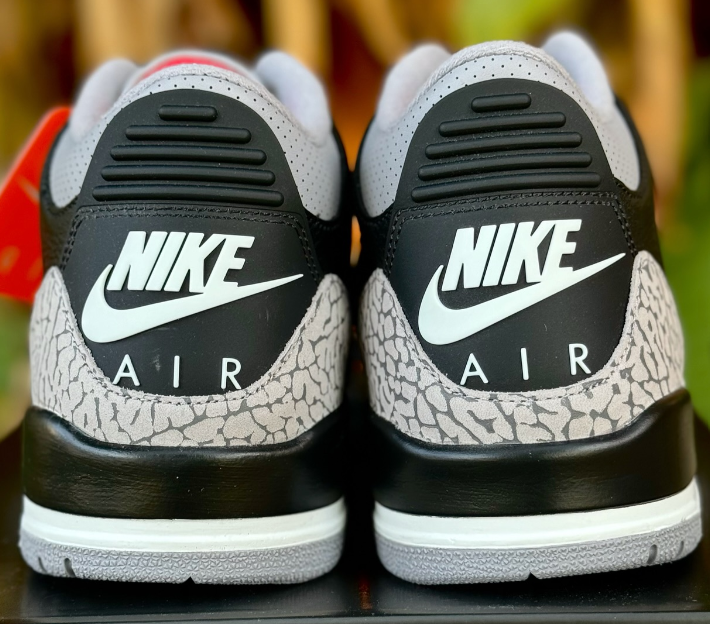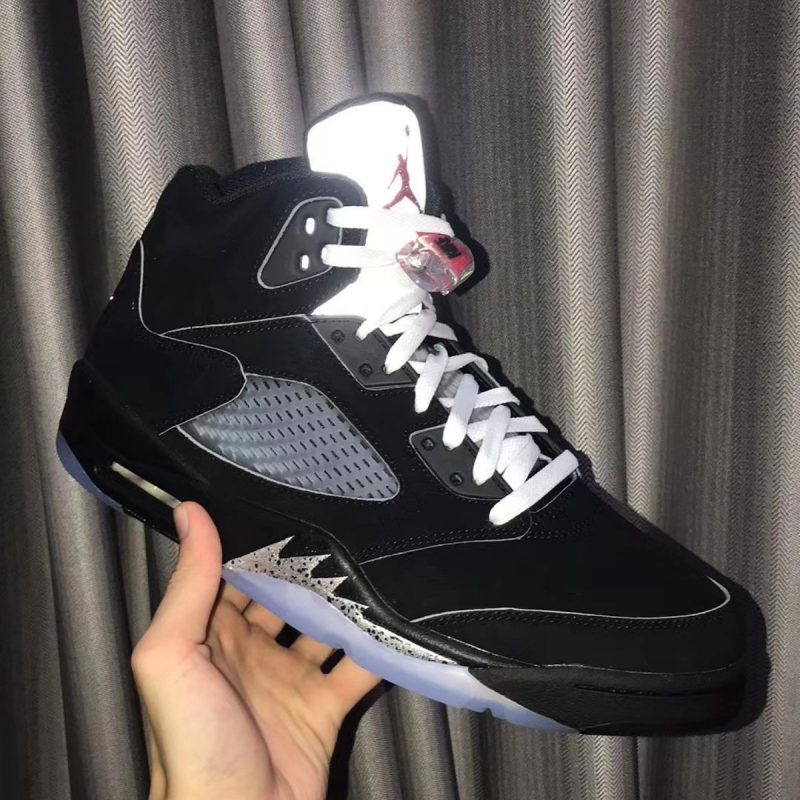- 124
- 35
- Joined
- Mar 2, 2004
Thanks man. It means a lot. In your ever in New Haven I got the first round.
Thanks for the knowledge. I def want to start investing sometime. Gotta get a little nest egg first. How long did it take for you to start investing after you started saving?
HAHA.
SOM - School of Management at Yale.
LSE - The London School of Economics and Political Science
(not laughing at the advice, tried to quote your question for me, oh well.)
Last edited:





